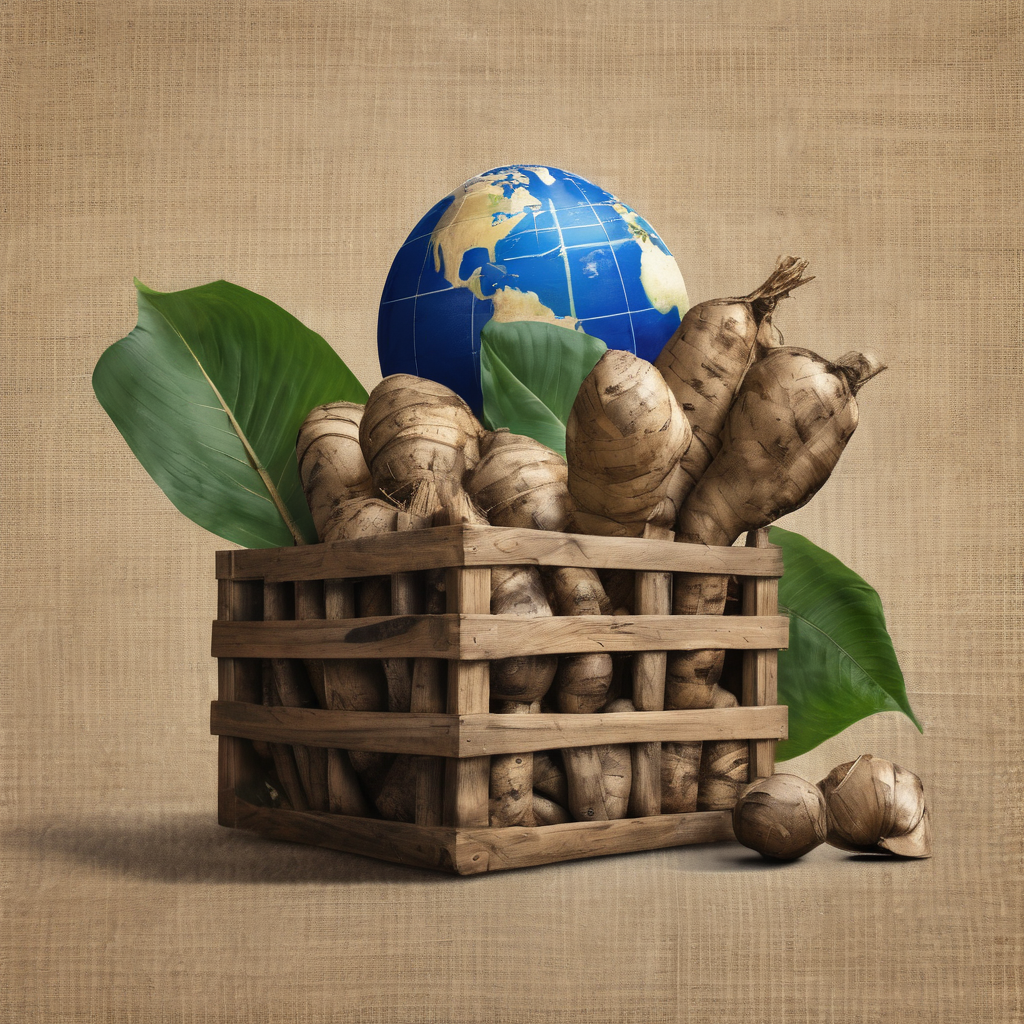Fiji is making strategic advances in its quest to strengthen international trade markets and bolster its commercial agriculture sector. The government is directing its focus toward cultivating key crops, such as turmeric, ginger, cassava, cocoa, coffee, kava, and pineapple, to drive its export ambitions. This marks a significant push to diversify its trade portfolio and explore new markets beyond traditional partners.
Deputy Prime Minister and Minister for Trade, Manoa Kamikamica, emphasized the importance of expanding connections beyond the United States, a major export market for Fiji. He identified countries like Singapore and the United Arab Emirates as potential new trade partners. In an address to parliament, Kamikamica shared that Fiji is engaged in discussions to establish formal economic partnerships with the UAE, which would include agricultural exports and exclusive products like Fiji Water.
Efforts are also underway to broaden market access to other international players, including China, Japan, and the European Union, for Fijian products such as kava, cocoa, and coffee. Kamikamica noted preliminary talks on preferential trade agreements with several governments are in progress, highlighting the nation’s pursuit of a strategic framework to enhance trade ties.
A noteworthy initiative includes a planned study mission to Sikkim, India, which is renowned for its fully organic agricultural practices. This initiative aims to guide Fiji’s development of organic agricultural zones, with a particular interest in Taveuni Island as a focal area.
In related developments, Fiji is witnessing a strong momentum in its agriculture and trade strategies. The exploration of diversified markets aligns with past initiatives where Fiji focused on increasing agricultural exports, notably in the Chinese market with products like mahogany and noni. Fiji also continues to strengthen its ties with the United States, as seen through export efforts involving turmeric, kava, and ginger.
Overall, Fiji’s commitment to diversifying its export markets and capitalizing on its agricultural potential is a positive step towards economic resilience. These efforts promise not only economic growth and new employment opportunities but also underscore a commitment to sustainable practices and innovation within local industries. With continued strategic engagement, Fiji is poised to solidify its role as a competitive player on the global stage, enhancing the livelihoods of its communities.
